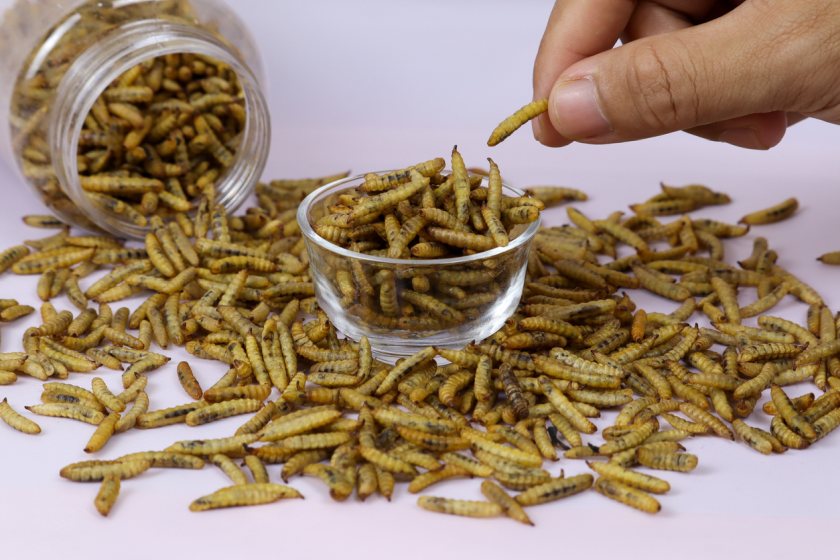
Researchers at Scotland’s Rural College (SRUC) have been awarded funds to help develop a strategy for using edible insects in animal feed.
Global demand for livestock products is expected to more than double by 2050, with livestock production already accounting for around 18% of global carbon emissions and 70% of all agricultural land use worldwide.
The Innovative Knowledge Exchange award of nearly £10,700, funded by the SEFARI Gateway, will be used by SRUC to look at the possibility of insect farming as a future solution to sustainable agri-food systems in Scotland.
It will bring together insect farmers, feed business operators and policymakers to develop a roadmap for insect farming for feed – particularly BFS (Hermetia illucens).
In addition to leading the animal feed project, researcher Dr Pattanapong Tiwasing is calling for restrictions to be lifted on the sale of whole insects and their ingredients for human consumption in the UK.
While edible insects have featured in Asian, African and South American diets for centuries, until recently they have been seen as a novelty food in Western countries.
The European Commission approved the sale of whole insects and their ingredients subject to specific authorisations in 2018.
However, following Brexit, this does not apply in the UK (excluding Northern Ireland) where edible insects are not regulated or approved for sale.
SRUC has called for the Food Standards Agency (FSA) to urgently introduce a new ‘Great Britain-specific transitional measure’ to enable the insect sector to survive in the UK.
Dr Pattanapong Tiwasing, who is originally from Thailand where eating insects as a snack is commonplace, said policymakers needed to take urgent action in order for the insect sector industry to survive in Europe and the UK.
“The introduction of new and developing EU regulations relating to edible insect products have muddied the waters, leading to confusing procedures for those looking to trade and export edible insects.
“This has been particularly impactful following the UK’s exit from the EU because it means there are currently no regulations for the edible insect (for human consumption) industry, and it is therefore illegal to sell insects for human consumption in the UK."
